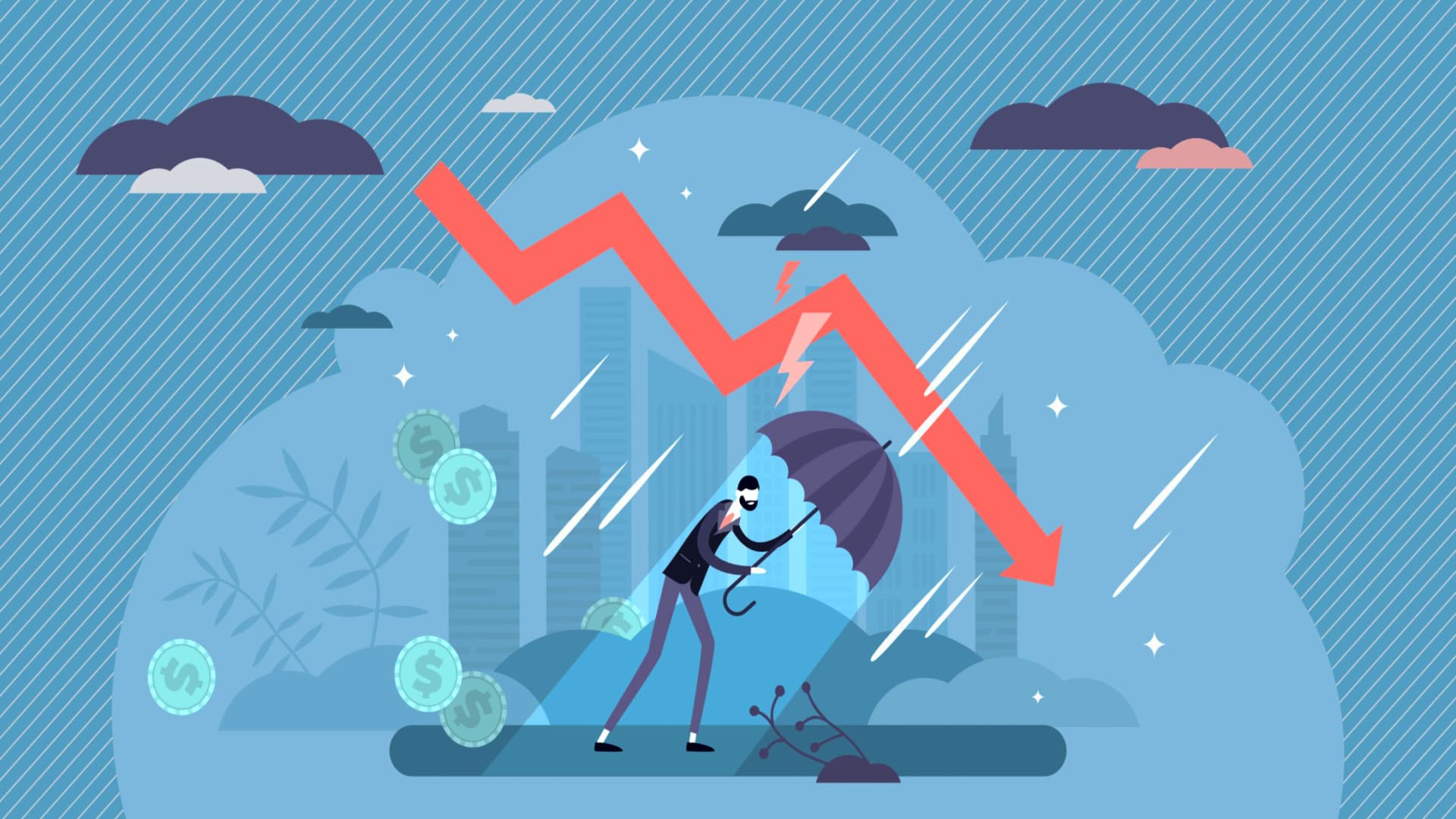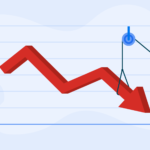Investing during times of economic unpredictability can be daunting. However, with the right strategies and understanding, one can navigate these rough waters with confidence.
This blog post will explore various approaches to make informed investment decisions, even when the economic outlook seems unclear.
Understanding the Landscape
Before diving into the pool of investments, it’s crucial to comprehend the nature of economic uncertainty. Fluctuations in the market, unpredictable geopolitical events, and changing economic policies can all contribute to this instability.
Investing in uncertainty requires a solid understanding of these factors and their potential impacts on different investment vehicles.
By staying informed through reliable financial news sources and analyses, investors can gain insights that will aid in making decisions.
Additionally, consulting with financial advisors can provide personalized advice tailored to individual risk tolerances and investment goals.
Diversification: The Golden Rule
One of the most effective strategies for managing risk during uncertain times is portfolio diversification. Spreading your investments across various asset classes can reduce the impact of a poor performance in any single area.
Consider incorporating stocks, bonds, real estate, and even precious metals into your portfolio. Each asset class reacts differently to market conditions, thus providing a buffer against volatility.
Diversification does not eliminate risk but can significantly mitigate it, ensuring that your investment portfolio is better equipped to withstand market fluctuations.
Embrace Long-Term Investing
Short-term market trends can be tempting to follow, but they often lead to knee-jerk investment decisions that may not align with long-term financial goals.
Focusing on long-term investing allows you to ride out periods of volatility. History shows that markets tend to increase in value over time, despite short-term setbacks.
Investing in high-quality assets with a proven track record of stability and growth can contribute to a more secure financial future.
Patience and a commitment to your investment plan are key during uncertain economic times.
Regularly reviewing and adjusting your investment portfolio can ensure it remains aligned with your financial goals.
Leverage Dollar-Cost Averaging
This strategy involves regularly investing a fixed amount in a particular asset, regardless of its price. Over time, dollar-cost averaging can lower the average cost of your investments.
It reduces the risk of investing a large amount at the wrong time and is particularly beneficial in a volatile market.
By implementing dollar-cost averaging, investors can take emotions out of the equation, making disciplined and consistent investments.
Safe-Haven Assets
During periods of economic instability, safe-haven assets can provide a refuge for investors looking to protect their wealth. These assets, typically uncorrelated with the wider market, include precious metals like gold, government bonds, and certain currencies.
While they may not offer the highest returns, their stability in turbulent times can be valuable for balancing your investment portfolio.
Stay Informed and Flexible
Keeping abreast of global economic news and trends is crucial when investing in uncertainty. The economic landscape can change rapidly, and being informed will help you make timely adjustments to your investment strategy.
Flexibility to adapt your investment approach as circumstances change is a vital skill during unpredictable times.
Conclusion: Thriving in Uncertain Times
Investing in uncertainty does not have to be a perilous journey. By understanding the economic environment, diversifying your investments, embracing long-term strategies, leveraging dollar-cost averaging, considering safe-haven assets, and staying informed and flexible, you can navigate economic volatility successfully.
While uncertainties in the market are inevitable, your ability to adapt and make thoughtful investment choices can lead to financial growth and stability in the long run.
Adopting these strategies can transform economic uncertainty from a challenge into an opportunity for careful, calculated investment. Remember, it’s not about avoiding risks but managing them intelligently to achieve your financial objectives.


